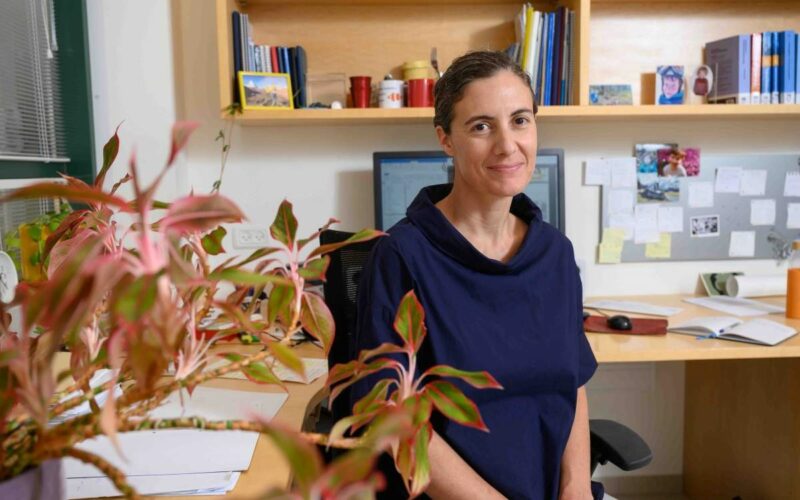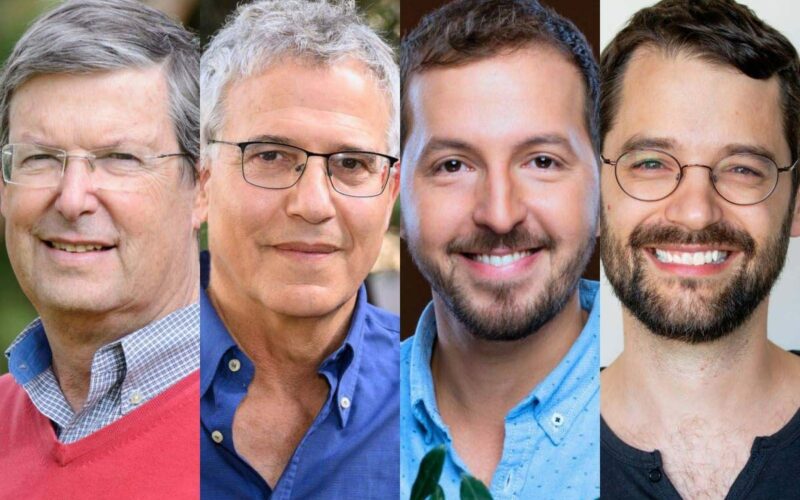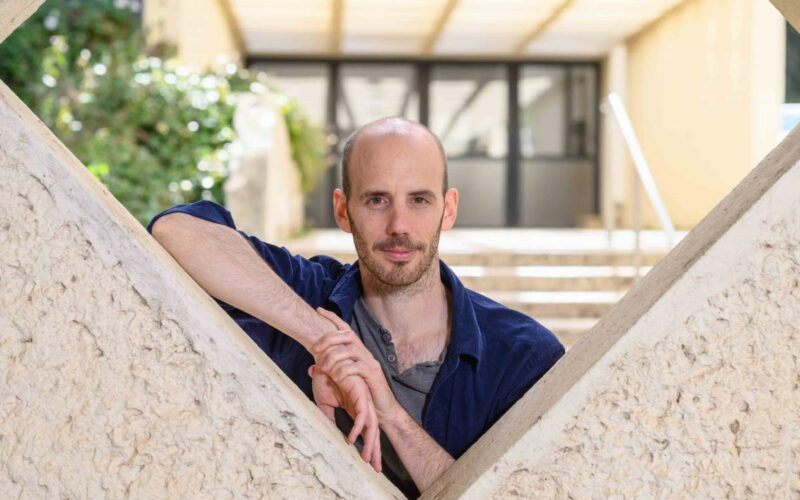Providing solutions to our planet’s environmental challenges is part of Weizmann’s business.
Its scientists have achieved much already and will continue to work hard to solve the environmental puzzles we face. Some of the ways they are doing this are by developing mathematical formulas to more accurately predict rainfall; creating crops designed to grow in harsh climates with less reliance on pesticides; developing nanomaterials for engine lubricants to help reduce air pollution; looking at ways to protect and preserve our treasured water; discovering how the earth moves to help predict volcanic eruptions and earthquakes; and studying CO2 by growing a forest in the desert.
Weizmann facts
By enriching wheat with protein it produces a 40% higher yield
Killing parasitic weeds is helping 100 million Africans from losing 50% of their crops
Searching for solutions to treat the 97% of the Earth’s water that is too salty to drink
Understanding air pollution which kills around 1.3 million people a year
Selected Achievements
Seeking out nature for fuel – such as algae!
Genetically engineered algae are being created for use as environmentally friendly bio-fuel. This project is being lead by Weizmann’s Professors Avihai Danon and Uri Pick.
Seeking to address world hunger with wheat that is strong, resilient and plentiful
Wheat that provides a 40% increased yield due to its being protein-enriched was developed by Weizmann Scientists to increase production and address a need. These varieties have shown to be stronger and more resistant to damage and disease.
Seeking to pollinate crops in new and better ways
Now used throughout the world, Weizmann was the first to create hybrid cucumber seeds without hand pollination.
Latest News

When Dryness Intrudes, Floods Ensue
New findings from the Weizmann Institute of Science may improve flood warnings for millions living on the Indian subcontinent. In 2018, in the Indian state of Kerala, more than 400…

The Solar Forest
A new Weizmann Institute study shows that building solar farms in arid regions is a far more effective way to tackle the climate crisis than planting forests. A verdant forest…

Tracking the Winds of Climate Change
Why do parts of Earth become rainforests, whereas others turn into deserts? A new study from the Weizmann Institute of Science and Massachusetts Institute of Technology exposes the far-reaching impact…
The Weight of Responsibility: Biomass of Livestock Dwarfs That of Wild Mammals
We often think that our world is an infinite realm comprising great plains, jungles and oceans, teeming with wild animals featured in memorable nature shows like the BBC’s Planet Earth….
Other achievements
Advancing Technology
Weizmann’s research into advanced technology is immense and acts as a time line for technology’s evolution.
Fighting Cancer
Nearly half the life science research at the Weizmann Institute of Science in Israel is focussed on cancer.
Exploring the Physical World
Although over the centuries we have learned much about our physical world, from the earth below to the stars above, there are still many mysteries to uncover.
Improving Health and Medicine
Pioneers in research that has lead to better health and medicine world-wide, Weizmann has a long list of achievements.
Enriching Education
Science education is a core endeavour of the Weizmann Institute of Science.
